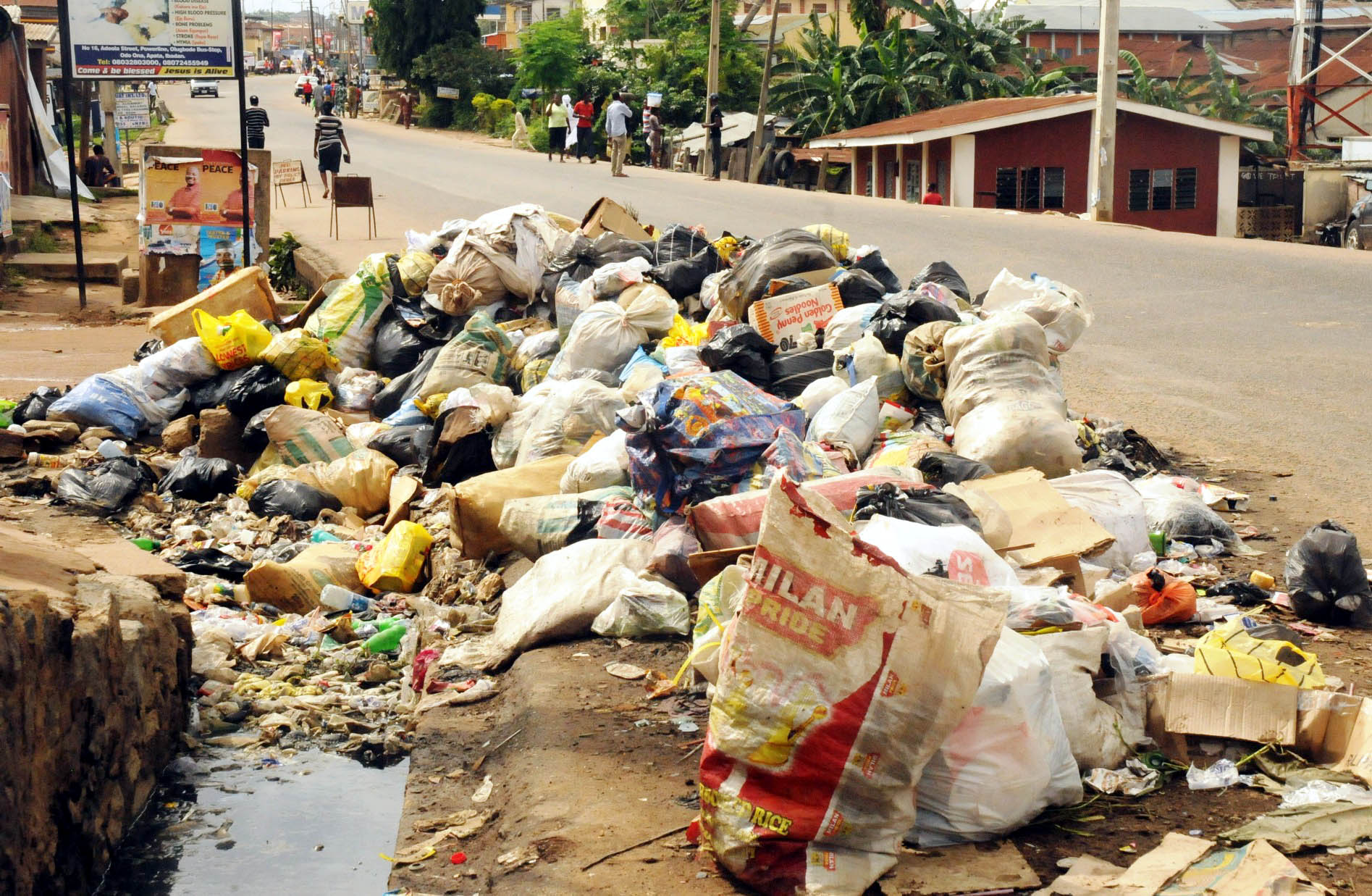A single nylon bag drifting into a drainage may seem to pose no threat. Left to pile up, however, it becomes a deadly chokehold, turning sluggish runoff into a destructive tide. What appears as casual littering can degenerate into an urban disaster.
Clogged waterways and drainages are prominent culprits of urban flooding in Nigeria. A number of studies cite poor waste-disposal habits, weak enforcement of sanitation laws and haphazard urban development for this growing risk.
In many communities, natural waterways have been swapped with artificial channels that barely hold as much water during torrential rains.
The scale of the danger is profound. In 2023, for example, ruinous floods inflicted nearly US $9 billion in damages across Nigeria. Long-term estimates of flood-related losses top US $6 billion, with the annual economic toll averaging around ₦48 billion.
Beyond the heavy wreckage and displacement, post-disaster recovery almost always exceeds the cost of prevention. The shock of recovery can even stall progress for years, particularly in low-income communities.
Most waste is never formally collected. More often than not, it is trashed in open drains, rivers or illegal dumpsites, which overflow quickly during heavy rains. The rainwater spills onto the streets, trickling into homes and leaving a trail of untold devastation.
Tamping down flood risks requires more than reactive cleanups, experts insist. In Abuja, foundational drainage reworks have been put in place, showing how timely desilting, efficient waste management and expanded drainage systems can deliver measurable gains.
The stakes for Abia are just as high. Flood projections rank Abia State among the most vulnerable areas in 2025, an assessment echoed by the National Emergency Management Agency (NEMA).
In response, the state has begun installing waste-collection bins at strategic locations, widening drainage channels and ramping up public education on responsible waste disposal.
According to the state’s Environmental Protection Agency, active community participation is central to achieving long-lasting results.
Critics, however, argue that one-off clearance drives merely delay the inevitable. Without periodic maintenance, stern penalties for illegal dumping, and adequate investment in drainage networks, it’s only a while before the rivers and gutters become choked with garbage, sparking another turn of flooding.
In part this fear derives from the recent Mokwa floods that killed 500 people, with thousands more missing following the collapse of an embankment.
Lately, climate experts advocate the importance of early-warning systems to prevent further flood episodes in the country. Just as important are the stark warnings that clogged waterways and dirt-choked drainages also present.
Urban flooding in Nigeria is exacerbated by clogged waterways and drainage systems due to poor waste disposal practices, weak sanitation law enforcement, and unplanned urban development. An example of this issue's scale is seen in the devastating 2023 floods that caused nearly $9 billion in damage. Annual flood-related losses average around ₦48 billion, and the post-disaster recovery costs often surpass prevention expenses, severely affecting low-income communities.
Efforts to mitigate flood risks emphasize foundational drainage improvements, as demonstrated in Abuja. In Abia State, initiatives such as installing strategic waste bins, widening drainage channels, and promoting public waste disposal education are underway. However, critics warn that sporadic cleaning operations are insufficient without regular maintenance, penalties for illegal dumping, and adequate drainage investment. Recent fatalities in events like the Mokwa floods also stress the need for early-warning systems alongside addressing clogged waterways.






